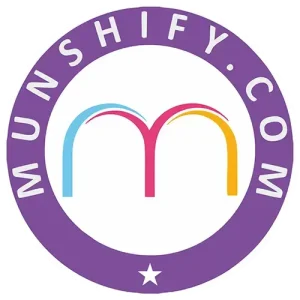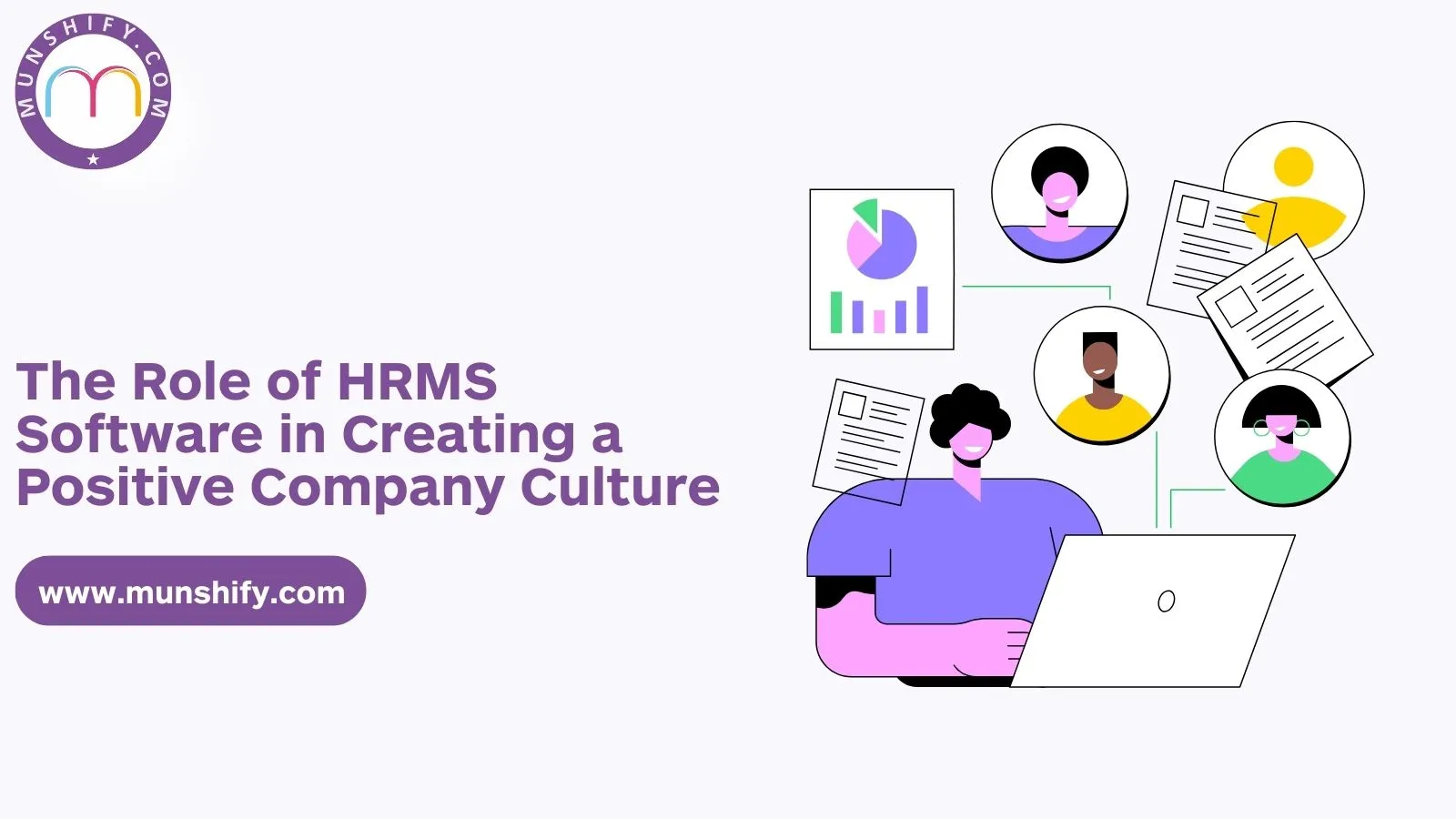In today’s dynamic business landscape, creating a positive company culture is paramount to attracting and retaining top talent. Company culture shapes employees’ experiences, influences their engagement, and ultimately impacts the organization’s overall success. One powerful tool that can significantly enhance company culture is HRMS Software. This article delves into the multifaceted role of HRMS System in fostering a vibrant and positive workplace culture.
Tabel of Content
- Understanding Company Culture
- Streamlining Communication with HRMS Software
- Enhancing Employee Recognition with HRMS Software
- Improving Employee Engagement with HRMS Software
- Ensuring Fairness and Compliance with HRMS Software
- Enhancing Onboarding Processes with HRMS Software
- Data-Driven Decision Making with HRMS Software
Understanding Company Culture
- Defining Company Culture
Company culture encompasses the values, beliefs, and behaviors that define how an organization’s employees interact and work together. It is the intangible social order that influences how people within the organization feel, act, and perform.
- Importance of a Positive Culture
A positive company culture promotes employee satisfaction, boosts productivity, and reduces turnover. It creates an environment where employees feel valued, supported, and motivated to contribute to the organization’s success.
Streamlining Communication with HRMS Software
- Enhancing Internal Communication
HR software provides a centralized platform for communication, ensuring that all employees have access to important information. This transparency fosters trust and openness within the organization.
- Facilitating Feedback
Through HRMS System, employees can easily provide and receive feedback. Regular feedback sessions promote continuous improvement and help employees feel heard and appreciated.
Know about HR Management Software
Enhancing Employee Recognition with HRMS Software
- Automated Recognition Programs
HRMS System can automate recognition programs, making it easy for managers to acknowledge employees’ achievements. Timely recognition boosts morale and encourages a culture of appreciation.
- Peer-to-Peer Recognition
Many HRMS platforms include features that allow peer-to-peer recognition. This not only strengthens team bonds but also creates a supportive and collaborative work environment.
Improving Employee Engagement with HRMS Software
- Monitoring Engagement Levels
HRMS System enables HR teams to monitor employee engagement through surveys and analytics. Understanding engagement levels helps in addressing issues promptly and maintaining a motivated workforce.
- Personalizing Employee Experience
With HRMS software, organizations can tailor experiences to individual employees based on their preferences and feedback, thereby enhancing their overall satisfaction and engagement.
Ensuring Fairness and Compliance with HRMS Software
- Standardizing Policies
HRMS System ensures that company policies are applied consistently across the organization. This standardization promotes fairness and reduces the risk of bias.
- Tracking Compliance
HRMS System helps in tracking compliance with labor laws and regulations. This not only protects the organization from legal issues but also ensures a fair and respectful workplace.
Enhancing Onboarding Processes with HRMS Software
- Streamlined Onboarding
HRMS simplifies the onboarding process by automating administrative tasks. This allows new hires to focus on integrating into the company culture and understanding their roles.
- Early Engagement
Through HRMS System, new employees can access training materials, company policies, and other resources even before their first day. Early engagement helps in building a positive first impression and smooth transition.
Data-Driven Decision Making
- Analyzing Workforce Data
HRMS provides valuable insights through data analytics, helping organizations understand workforce trends, performance metrics, and areas for improvement.
- Informing Strategy
By leveraging data from These software, HR teams can make informed decisions about talent management, employee development, and organizational strategies, aligning them with the company culture goals.
In conclusion, Munshify HRMS software plays a pivotal role in cultivating a positive company culture. From streamlining communication and enhancing employee recognition to improving engagement and ensuring fairness, HRMS system equips organizations with the tools needed to create a supportive and thriving work environment. By leveraging the capabilities of HRMS system, companies can foster a culture that not only attracts but also retains top talent, driving long-term success and growth. Investing in HRMS system is not just a technological upgrade; it is a strategic move towards building a cohesive, motivated, and high-performing workforce.
Know more about HRMS Management.



